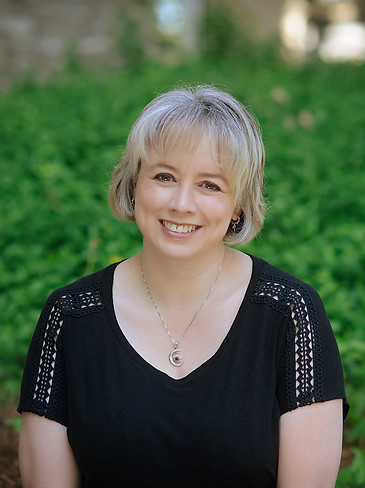What can I help with?
![IMG_8759[308].jpg](https://static.wixstatic.com/media/eb2b97_c2f62f75e88949389b17f18909b07e3c~mv2.jpg/v1/fill/w_404,h_536,al_c,q_80,usm_0.66_1.00_0.01,enc_avif,quality_auto/IMG_8759%5B308%5D.jpg)
-
Anxiety, Depression, Mood Disorders
-
Trauma (PTSD, C-PTSD)
-
Helping Professionals, First Responders
-
Life Transitions
-
Grief
-
Coping with a parent or loved one with Borderline or Narcissistic Personality Disorder
-
Emotional neglect/abuse
-
Spirituality and Mental Health
-
Women’s health (postpartum depression or anxiety, miscarriage or pregnancy after miscarriage, perimenopause)
-
Ongoing mental health support to achieve and maintain well-being
-
Existential concerns
-
Coping Skill Development
-
Please ask, especially if there is something unique or challenging you are facing
About Me
Finding a therapist that is a good fit for you is important. There is only so much that a bio can tell you to give you a “feel” for a person. I have not had the typical route or career and so what I bring to therapy may be different. My interest in the field began early in life and those who have known me since childhood recognize that this work is something that has always called to me. I have a deep appreciation for the stories that make a person unique and feel privileged to be able to offer you my hope in the challenging times, reminders of times you have been successful and to join with you on the therapeutic journey.
My undergraduate degree is in Sociology and Psychology. Sociology provided me teachings around culture, social location and systems. Psychology reinforced the importance of attachment, cognition and stages of psychosocial development.
I completed my Masters of Social Work degree in 2001 from Wilfrid Laurier University in the “Individuals, Families and Groups” stream. The core concept of social work is that we meet people where they are at.
Since graduating, my career has taken me though child and youth mental health, to hospital social work, inpatient, and outpatient mental health programs in hospitals and in family health teams. In 2019 I began the transition to private practice in a part time capacity where I now work full time.
I have completed ongoing professional development in modalities of CBT, DBT, IPT (Interpersonal Psychotherapy), Depth and Transpersonal Psychotherapy, Narrative Therapy, Brief Solution Focused Therapy, EMDR, Trauma Treatment, Internal Family Systems, Mindfulness (including Transformative Mindfulness Methods and Mindfulness Based Inner Repatterning, Developing Resilience through Applied Mindfulness), Emotional Freedom Technique (tapping), coping skill development and providing Clinical Supervision. I practice from a person centered, trauma informed model of care.
Being able to implement theoretical knowledge in a practical and creative way is one of my gifts. I am often met with the unexpected in therapy, which I welcome with open arms (and often the phrase... “I can’t make this stuff up”).
There are many therapists who express an area of specialty or focus. I have taken a different approach. It has been important for me to be a well-rounded therapist who has a depth of knowledge and experience. Working with individuals at various life stages and challenges helps me stay balanced, engaged, and appreciative of the work of therapy. It has also allowed me the flexibility to work with people who have more complex, or several areas of concern that are overlapping.
Over the last few years, I have noticed people are feeling disconnected from "something more" spiritually. I have been able to combine best practice guidelines of classic therapies such as CBT, while also honoring ancient spiritual knowledge.

.
Services
Virtual Counselling
Individual Counselling and Psychotherapy for Adults
First appointments are usually 90 minutes to allow for sufficient time to review your concerns, hopes and goals for counselling. Fee $235
Follow up appointments are typically 60 minutes. Fee $170
Frequency and length of appointments can vary. Often people will start with weekly or bi-weekly appointments with increasing time between as skills are gained.
Most extended health care insurance providers include the services of a Registered Social Worker.
Many people are concerned about the limited amount of funds available. I am happy to work with you to develop a plan for counselling that will fit with the resources you have available.
Limited number of sliding scale reduced fee sessions available.
If you would like further information, I offer a free 15 minute consultation.

